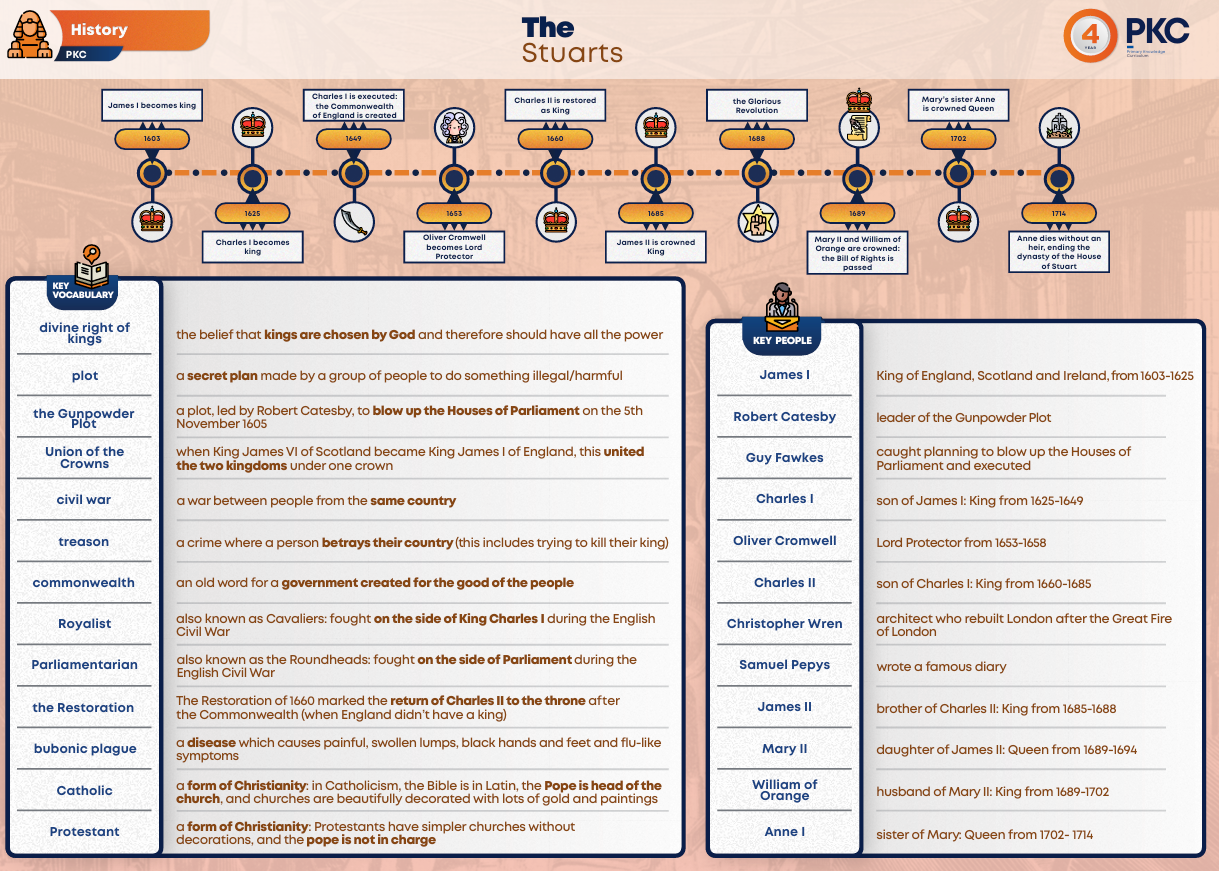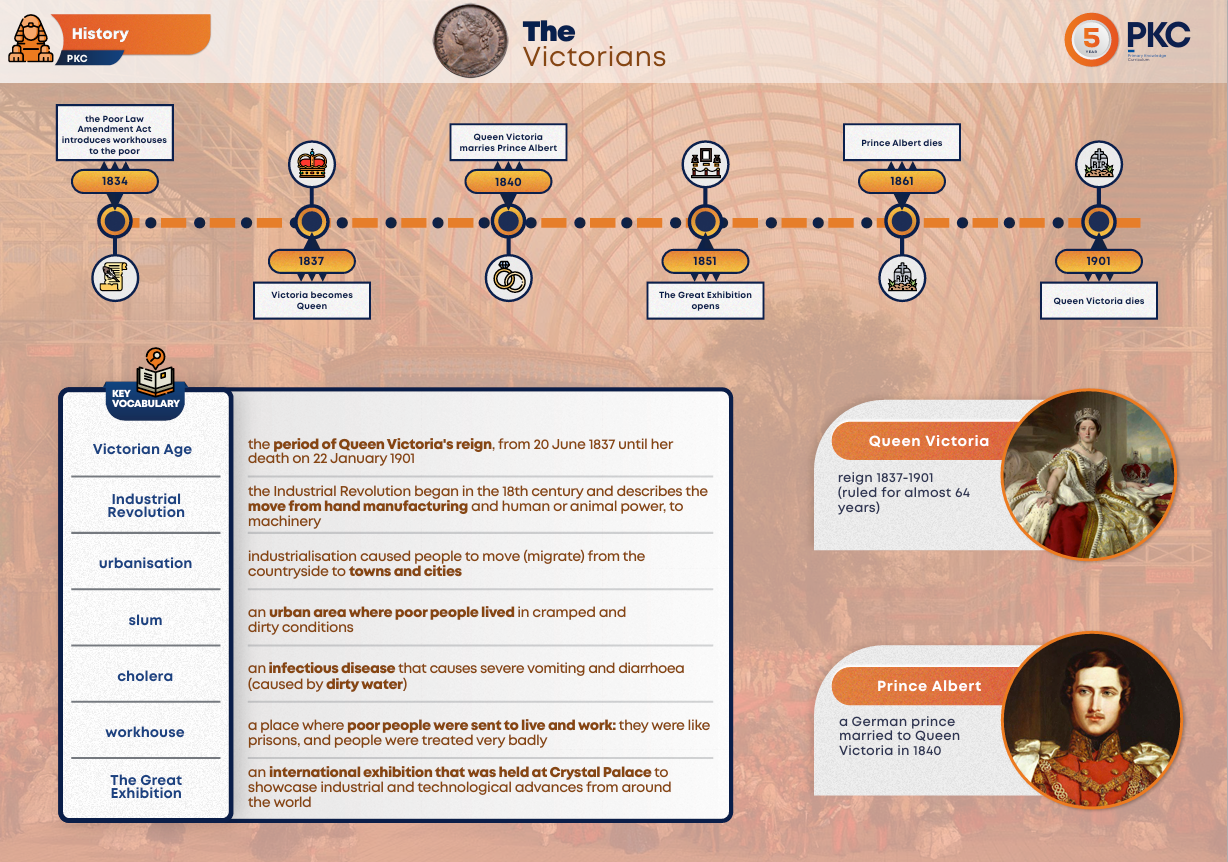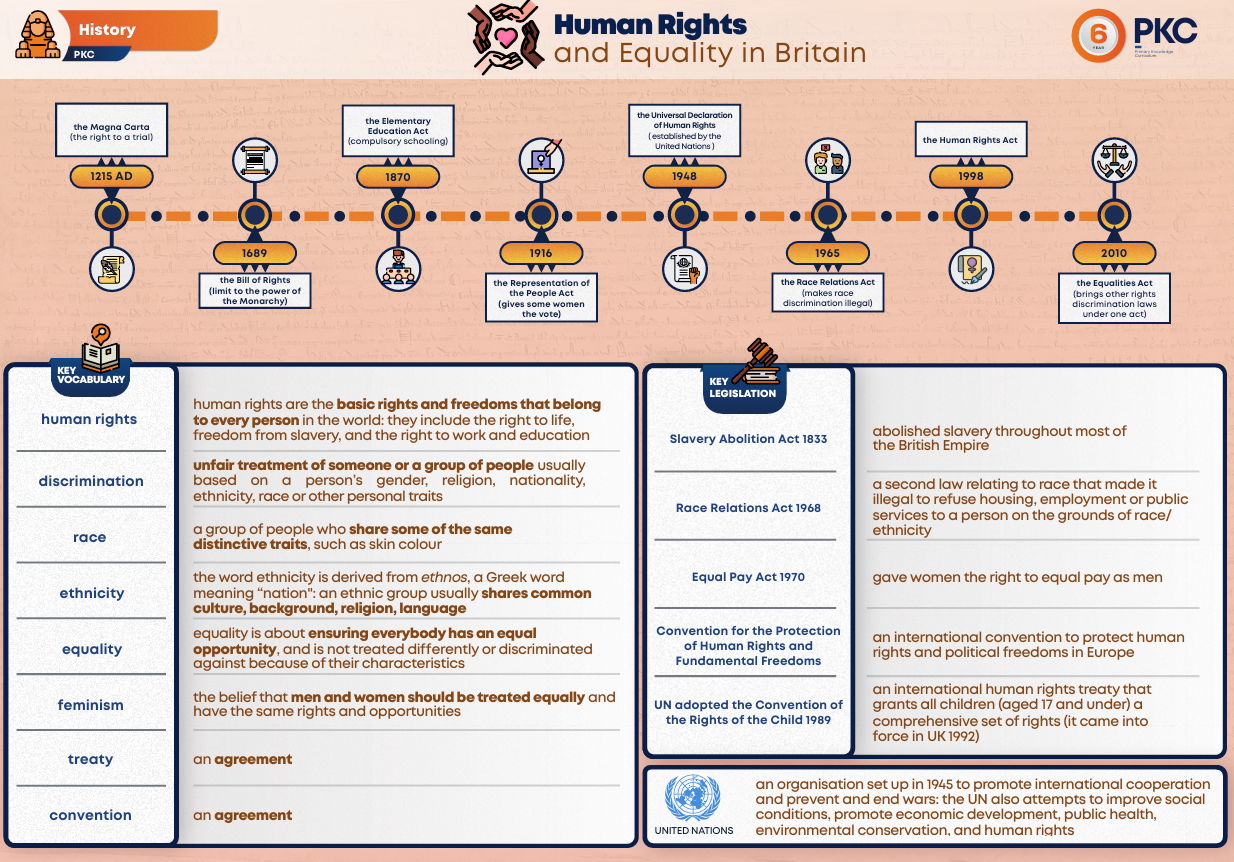Summer term
Year 3
Anglo-Saxon, Scots & Vikings
In this unit, Year 3 will learn about the monk and scholar, Bede the Venerable, who wrote a book about the English people and the church. They will also learn about the Picts and the Scots. They will discuss how historians find out about these people in the past, and how they engage in historical debate, such as what the symbols on the Pictish Stones can tell us. The pupils will learn about the Vikings and the significance of Viking long ships that enabled them to travel, trade, raid and invade. They will look at the relationship between the Anglo-Saxons and the Vikings; the battles and the compromises that took place during this period. They will learn about the lives of significant people during this period, such as Alfred the Great, King Canute and Edward the Confessor.
Year 4
The Stuarts
This unit aims to support children to develop a chronologically secure understanding of this significant period of British history by diving deeper into the changing role of the monarchy during the 17th century. During this unit, we will retrieve prior learning on monarchy in Britain, including key vocabulary such as, ‘inherit’, ‘heir’ and ‘tyrant’, as well as knowledge of significant British monarchs and leaders, including Charles I, Oliver Cromwell, and William and Mary.
Throughout the unit, we will learn about some of the significant events that took place during this time, such as the English Civil War, the Gunpowder Plot and the Great Fire of London. They will learn that historians use a range of sources to interpret what happened in the past, and use evidence to discuss possible causes, and consequences, of significant events. We will learn about the lives of the monarchs and leaders during this period. When learning about Oliver Cromwell, children will look at different historical perspectives of him and his time in power. Throughout the unit, the children will look at the political and religious impact that each person had on Britain. Year 4 will be encouraged to draw comparisons/analyse differences between the reigns of each monarch/leader and look at how Britain changed, and/or stayed the same, as a result of their leadership.

Year 5
The Victorians
This unit builds on the unit from the Industrial Revolution and looks at life in Britain during the Victorian Age. Before teaching this unit, children should have learnt about what happened during the Industrial Revolution and have some knowledge of the British Empire. The children learn about the significant life of Queen Victoria: both her personal life and some of her decisions as a monarch, including her involvement with the British Empire. In addition to the political context of this time, this unit also delves deeper into the social aspects of Victorian Britain, looking in particular at the lives of the poor. During the unit, children will consider the similarities and differences between the lives of the rich and the poor in Victorian England. Children will have access to primary sources to explore what it was like to live in a Victorian slum or workhouse and discuss how attitudes towards the poor were reflected in new legislation. The children will also learn about more positive aspects of the Victorian period, looking at the significance of the Great Exhibition and the growth in technology and new discoveries made by the Victorians. This will build on children’s previous learning about the Industrial Revolution. The children will complete the unit looking at the legacy of the Victorians, analysing the similarities and differences between life in the 1900s and life in Britain today and considering the question of what has changed/stayed the same since the Victorian era. During this unit, children build on their knowledge of the substantive concepts of monarchy, industrialisation, urbanisation, empire, imperialism and poverty.

Year 6
The History of Human Rights and Equality in Britain
This unit is taught as the last unit in Year 6, as it provides children an opportunity to apply their knowledge from across the history curriculum to enable them to study an important theme in British and world history-the history of human rights and equality. Throughout the curriculum, children have gained a coherent and chronological understanding of the history of Britain and the wider world and have studied the lives of people from different backgrounds, ethnicity, religion, and gender. In this unit, children can use this knowledge to enable them to make connections, think critically, and use evidence to support their judgements.
Building on their knowledge of World War II, they learn that the United Nations established the Universal Declaration of Human Rights following the atrocities of the war. They will also be learning about the UN in their unit on Globalisation in geography. They have previously learnt about Winston Churchill, and they will learn that he helped to establish the Council of Europe, which introduced the ‘Convention for the Protection of Human Rights and Fundamental Freedoms’. In this lesson, they will reflect upon and retrieve prior learning from across the history curriculum, looking at the ways human rights have both been violated and protected through time, e.g. the Magna Carta. Following on from their lesson on human rights, children will begin to look at women’s rights. Children will learn about women’s rights in Britain over time until the present day. They will discuss significant women they have learnt about in the past, such as Boudicca, Elizabeth I, Emmeline Pankhurst, Malala Yousafzai, and Queen Victoria. The children will move on to looking at the UN Convention on the Rights of the child, and again are supported to retrieve and apply their knowledge of children from the past.


